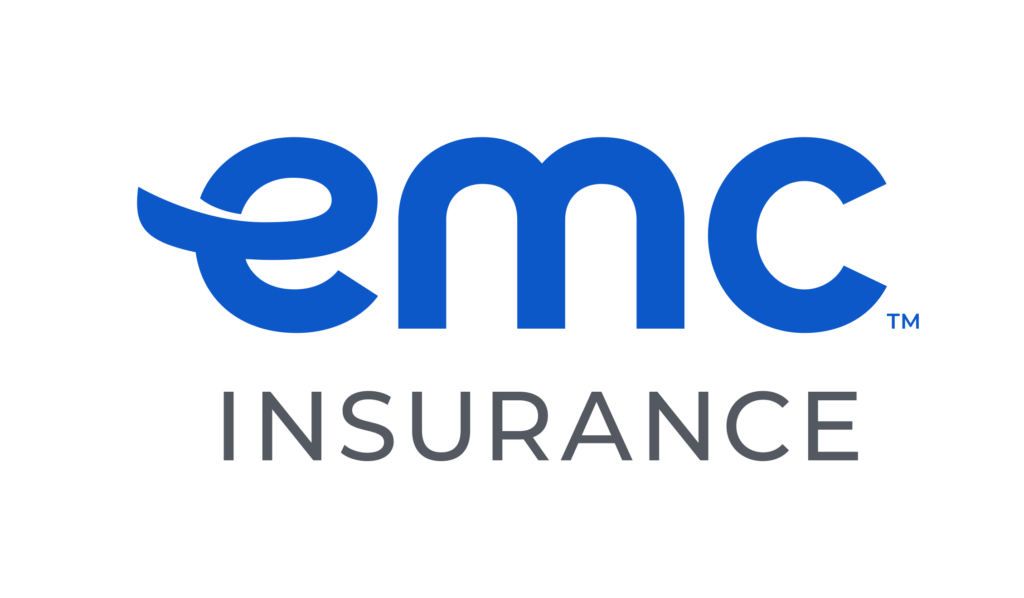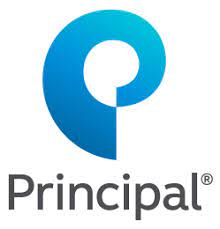Community banks enter a new era of regulation
Qualified mortgages sound harmless enough, but to some they signal a tough new era for banks
Lincoln Savings Bank was all about making mortgages when it entered the Greater Des Moines market in 2010, just as the area was climbing out of the recession and the staggering blow it delivered to the home loan business.
New home lending standards that hit the mortgage business today – Jan. 10 – could slow the bank’s mortgage business, said Mike Schick, director for the bank’s Des Moines operations, but the biggest impact has been in preparing for the changes.
“I believe we’re as prepared as we’re going to be,” he said. “We’re doing everything in our power to make the change as seamless as possible.”
The new home lending standards are ordered by the Dodd-Frank Wall Street Reform and Consumer Protect Act and are referred to as qualified mortgages. The 804-page document created by the federal Consumer Financial Protection Bureau in essence carries this message:
No more loans to the so-called “ninja” borrowers (no income, no job, no assets) who managed to walk out of banks during the heady days of the real estate boom with little, if any, of their own money tied up in their properties. They were the recipients of subprime loans that fueled the mortgage crisis.
The problem with that message is that most community banks weren’t making the loans in the first place, said Bob Hartwig, legal counsel with the Iowa Bankers Association. He argues that the regulations essentially dictate how small banks can do business.
“We are starting to be regulated like utilities,” Hartwig said.
The path to MORE mortgage scrutiny
By 2008, the Federal Reserve began attacking the lending crisis, issuing a rule that people who borrowed money for expensive homes had to meet income and credit requirements. That rule was expanded to all home buyers under the rule that takes effect today.
For most community banks, the rule means dealing with more federal regulations. Lincoln Savings Bank has hired an additional compliance officer, for example.
Banks have a good reason to follow the rules. According to the Consumer Financial Protection Bureau, the law creates a “safe harbor” for banks that issue qualified mortgages, meaning that borrowers cannot file lawsuit arguing that the lender did not follow acceptable underwriting practices in issuing loans to them.
Still, the impact of the qualified mortgage rules won’t be known for several years, probably not until it is tested in a foreclosure lawsuit, Hartwig said.
But there is an immediate intrusion into the banking business.
Banks are being told whom they can lend to and at what price. For example, banks cannot charge fees of more than 3 percent of the total mortgage. That means they will eat some costs, especially if they rely on third parties for some services, such as appraisals.
“One of the things that banks are skittish about is that by quantifying risk, we’re starting to commoditize our industry. This is the kind of loan we can make and this is how much money we can make,” Hartwig said. “It’s more difficult to compete in a model where we all charge the same price.”
Lenders are given the ability to make discretionary loans. A borrower who might not meet the lending standards but who is otherwise asset-rich could qualify for a loan.
“The responsibility is on the financial institution to justify why they make the loan,” said Lincoln Savings Bank’s Schick.
Lincoln Savings Bank plans to make responsible loans.
“We’re not going to stop lending,” Schick said. “We’re a responsible lender. More important to us is that we are a community-based lender.”
Lincoln Savings Bank was founded in 1902 in the town of Lincoln in northeast Iowa. Its charter later moved to the nearby town of Reinbeck.
It did not join the rush of out-of-town banks that came to Greater Des Moines during the real estate boom that peaked in 2006. And, it has not spread its wings to the boom-and-bust states, such as Arizona and Florida. The bank’s Clive branch is in a former Liberty Bank office on University Avenue. Lincoln Savings Bank bought the building, but no other assets. Liberty Bank, which ran into financial trouble after expanding to Florida, recently completed the liquidation of its operations when Central Bank took over operation of Liberty’s remaining Greater Des Moines branches and assets.
“We went backwards,” Schick said. “From a strategic viewpoint, the best time to buy is at a low point in the market. … We caught the low interest rates that were coming and had a market entry at an opportune time.”
Lincoln Savings Bank entered as a mortgage originator, established relationships with mortgage clients, then began converting those operations to full-service banks.
“Every place we’ve entered from a mortgage standpoint, we’ve converted to a bank,” Schick said.
Lincoln Savings Bank has transitioned two of its three Greater Des Moines branches to full-service banks from merely being loan originators. The Ankeny location was Lincoln Savings Bank’s first in Greater Des Moines. Later this year it will move into a new building in Prairie Trail, where it too will be a full-service operation. The bank also has branches in Clive and Adel.
It is now the sixth-largest lender in Polk County and the fifth-largest lender in Dallas County, Schick said.
“We have pretty good horsepower,” he said.
Qualified Mortgage Guidelines
Ability to Repay
At a minimum, creditors generally must consider eight underwriting factors.
– Current or reasonably expected income or assets
– Current employment
– The monthly payment on the covered transaction
– The monthly payment on any simultaneous loan
– The monthly payment for mortgage-related obligations
– Current debt obligations, alimony and child support
– Monthly debt-to-income ratio or residual income (Maximum debt ratio is 43 percent.)
– Credit history
Requirements for Qualified Mortgages
The final rule generally prohibits loans with negative amortization, interest-only payments, balloon payments or terms exceeding 30 years from being qualified mortgages.
So-called “no-doc” loans, where the creditor does not verify income or assets, also cannot be qualified mortgages.
A loan generally cannot be a qualified mortgage if the points and fees paid by the consumer exceed 3 percent of the total loan amount.
Rural Balloon-Payment Mortgages
Certain balloon-payment loans are considered qualified mortgages if they are originated and held by small creditors operating predominantly in rural or underserved areas. This provision is designed to ensure credit availability in rural areas, where some creditors may only offer balloon-payment mortgages.
Loans are only eligible if they have a term of at least five years, a fixed interest rate, and meet certain basic underwriting standards; debt-to-income ratios must be considered but are not subject to the 43 percent general requirement.
Creditors are only eligible to make rural balloon-payment qualified mortgages if they originate at least 50 percent of their first-lien mortgages in counties that are rural or underserved, have less than $2 billion in assets, and originate no more than 500 first-lien mortgages per year.
Note: Hartwig pointed out that a great many Iowa banks are located and operate in rural areas but lie within larger metropolitan statistical areas.
Source: Consumer Financial Protection Bureau












